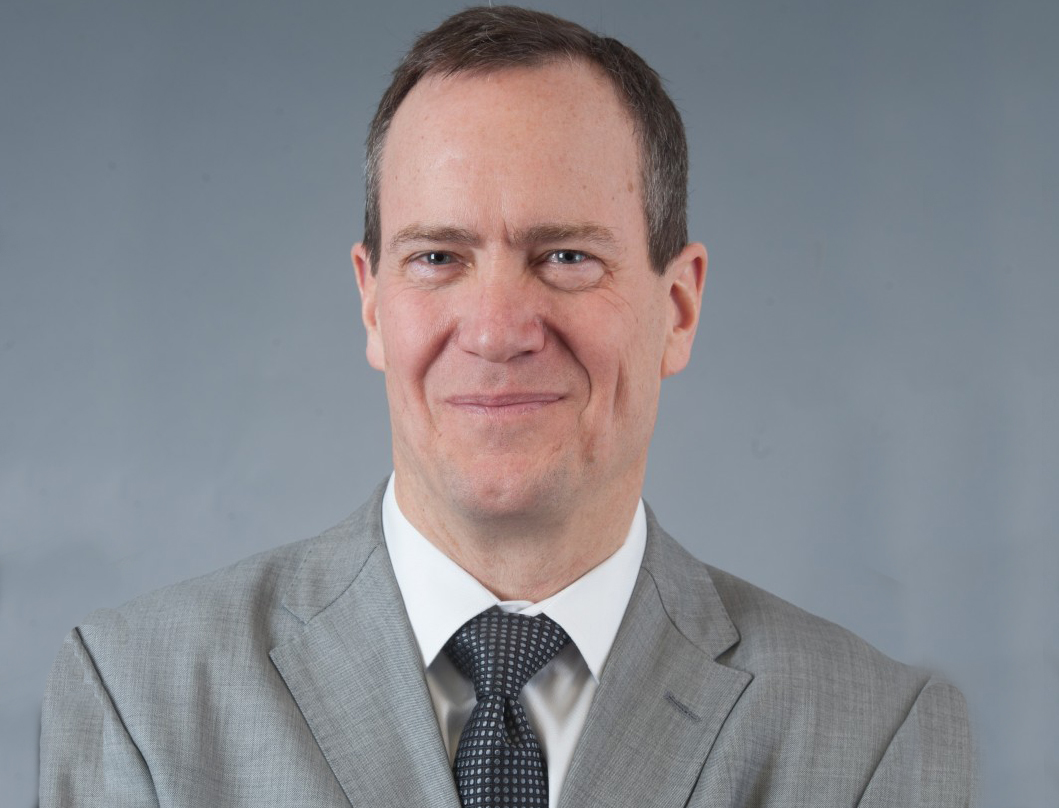February is National Black History Month. Coming off a year marked by a greater awareness of structural racism in essentially all societal domains—even our schools and hospitals—Black History Month is more important than ever.
Black History Month began in 1926, when historian Carter G. Woodson proposed celebrating as a means to recognize the tremendous contributions of African Americans throughout U.S. history. Almost 100 years later, Black History Month is celebrated nationally, but our history books still don’t get it right. If there is a silver lining to the terrible global pandemic that has put our lives on hold, it may be a broader awareness and a renewed goal of repairing the racial injustice and health disparities that still run rampant in our society.
As always, there is still much more work to do. The first step is to admit that we don’t know what we don’t know; to open ourselves up to the experiences of others; to listen and learn. The DOM Diversity Council can help with that. Keep an eye out for events and training to come out of the council, reinvigorated by its new leader, Dr. Risha Irvin. JHM offers several relevant myLearning courses including: Unconscious Bias Training, Diversity in the Workplace for Supervisors and Managers, Diversity in the Workplace for Staff and Diversity and Inclusion: 21st Century Higher Education. Be sure to participate in the BRIM (Bias Reduction in Internal Medicine) workshops, a validated tool for reducing bias. The hope is that these offerings will help members of the Hopkins community acquire and hone their skills and competencies necessary to create a more diverse, equitable and inclusive workplace. Finally, keep up with your colleagues. Many of our talented faculty have become experts and thought leaders on matters of inequities and health disparities, and have published extensively on the topic. (Read Dr. Lisa Cooper’s “Rethink how we plan research to shrink COVID health disparities” in the February issue of Nature or "For better drugs, diversify clinical trials" published in Science by Dr. Namandjé Bumpus).
We need to understand the essential roles of Blacks in the pantheon of human struggle. We need to understand the past in order to facilitate a wiser and more inclusive world view. I believe we have the tools and the power to do so. Let’s make this happen before our successor’s celebrate the next 100 year anniversary of Black History Month.
-Mark
